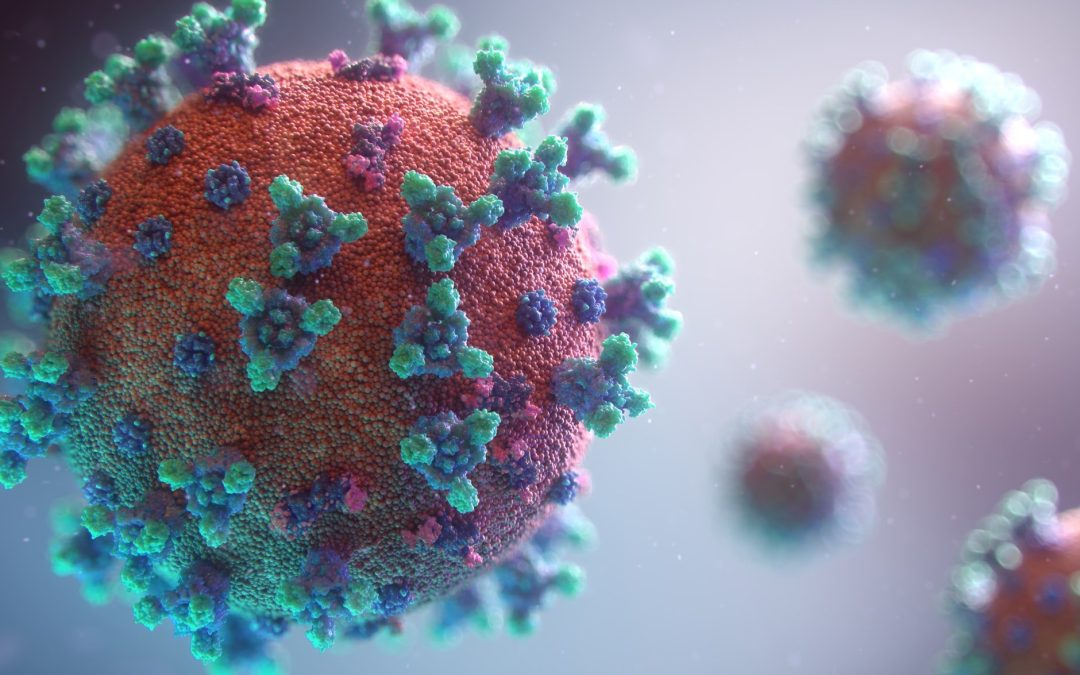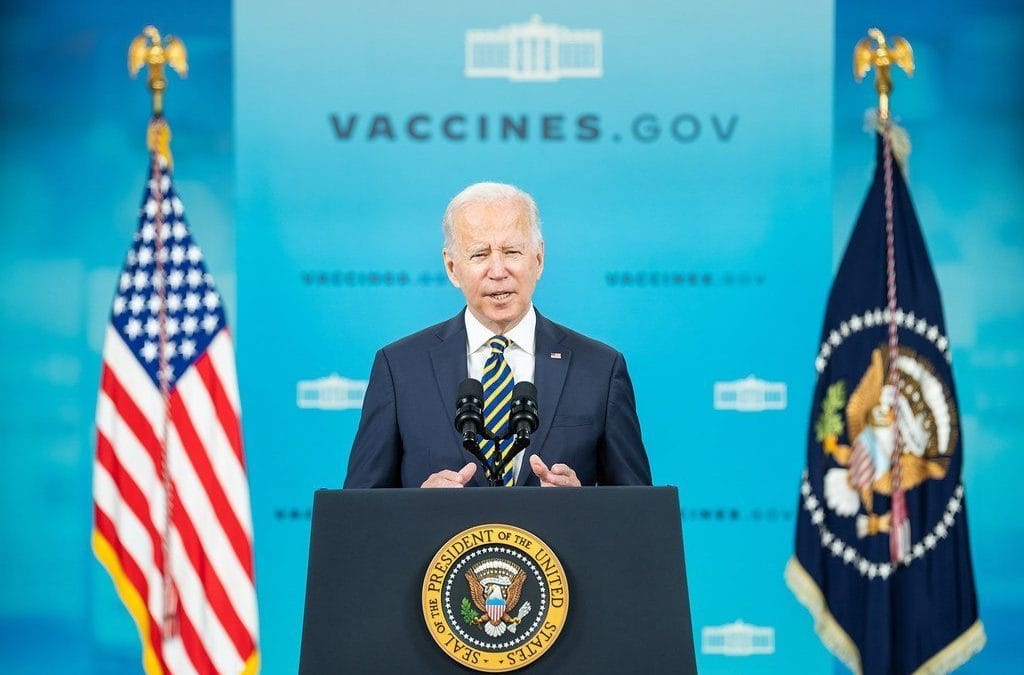
Nov 9, 2021 | Sci-Tech
From "Here’s Why Rapid COVID Tests Are So Expensive and Hard to Find", ProPublica:
....Companies trying to get the Food and Drug Administration’s approval for rapid COVID-19 tests describe an arbitrary, opaque process that meanders on, sometimes long after their products have been approved in other countries that prioritize accessibility and affordability over perfect accuracy.
On the FDA treating private bio-tech companies like criminals:
After the FDA put out a call for more rapid tests in the summer of 2020, Los Angeles-based biotech company WHPM, Inc. began working on one. They did a peer-reviewed trial following the agency’s directions, then submitted the results this past March. In late May, WHPM head of international sales Chris Patterson said, the company got a confusing email from its FDA reviewer asking for information that had in fact already been provided. WHPM responded within two days. Months passed. In September, after a bit more back and forth, the FDA wrote to say it had identified other deficiencies, and wouldn’t review the rest of the application. Even if WHPM fixed the issues, the application would be “deprioritized,” or moved to the back of the line. “We spent our own million dollars developing this thing, at their encouragement, and then they just treat you like a criminal,” said Patterson. Meanwhile, the WHPM rapid test has been approved in Mexico and the European Union, where the company has received large orders.
An FDA scientist who vetted COVID-19 test applications told ProPublica he became so frustrated by delays that he quit the agency earlier this year. “They’re neither denying the bad ones or approving the good ones,” he said, asking to remain anonymous because his current work requires dealing with the agency.
On FDA micro-managing how the tests can be used making them expensive, and banning the private sale of cheap tests to the public:
FDA officials were particularly concerned about allowing tests to be administered outside the purview of a trained health care provider. “To mitigate the impact of false results, all Covid-19 tests authorized to date have been made available only by prescription, so that clinicians can interpret results for patients,” wrote Shuren and his deputy Dr. Tim Stenzel in an October 2020 column in The New England Journal of Medicine.
That cautious approach persisted all through the winter and early spring, despite rising agitation from the White House and Congress around the availability of tests.
“I actually have been saying that for months and months and months, we should be literally flooding the system with easily accessible, cheap, not needing a prescription, point of care, highly sensitive and highly specific” tests, White House chief medical advisor Dr. Anthony Fauci said under questioning from Schrier in a hearing on March 17.
On the FDA standing in the way of innovation and experimentation:
The FDA has been particularly circumspect with more novel approaches to testing, such as an olfactory test that detects the common COVID-19 symptom of loss of smell. The agency’s reviewers deprioritized an application for the scratch-and-sniff card even though it had been proven to stem transmission, said inventor Derek Toomre, a professor at the Yale School of Medicine.
On how the FDA bans tests approved in Europe:
For example, the biopharmaceutical giant Roche told ProPublica that it submitted a home test in early 2021, but it was rejected by the FDA because the trials had been done partly in Europe. The test had compared favorably with Abbott’s rapid test, and received European Union approval in June. The company plans to resubmit an application by the end of the year.
[...]
A smaller company, which didn’t want to be named because it has other contracts with the U.S. government, withdrew its pre-application for a rapid antigen test with integrated smartphone-based reporting because it heard its trial data from India — collected as the delta variant was surging there — wouldn’t be accepted. Doing the trials in the U.S. would have cost millions.
On how the central planning approach of "putting your eggs in one basket" fails:
In May, the CDC leaned hard into the message that vaccines were almost completely protective, mitigating the need for frequent testing. Manufacturers took that as a bad sign for testing volume. Abbott ramped down manufacturing of its popular home test.
[...]
“It has taken more than a year for the American public, scientific experts and academia to accept the important role of rapid testing in the U.S.,” Koval said. “Overseas, that was not the case, because the value of rapid testing was better understood prior to the pandemic.”
Read the rest.
Recommended Reading:



